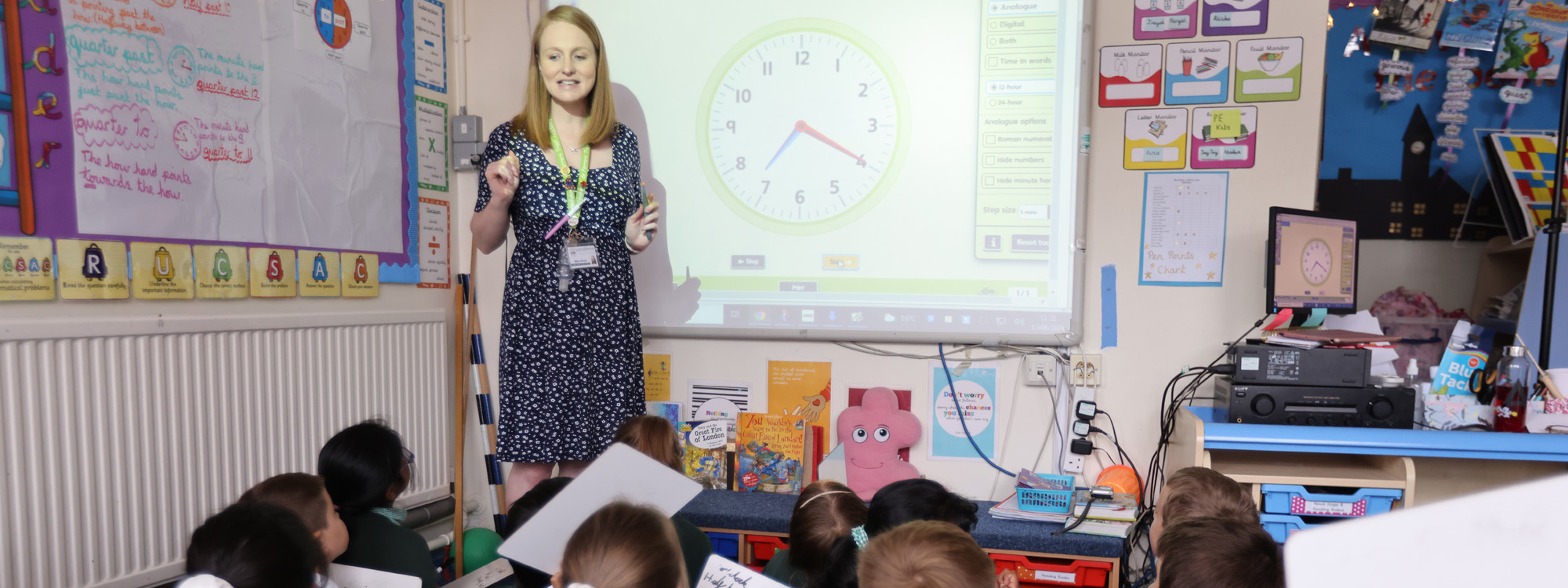Assessment We use formative and summative assessment processes to enable us to make accurate judgements of both attainment and progress this enables us to identify any gaps in knowledge or skills and to adapt our planning to close these gaps. Knowledge gained by regularly reviewing our assessment processes and outcomes, enable us to continue to develop our school curriculum to inform and improve our future curriculum design. Each child is assessed on entry to the school, irrespective of the year or time of year starting and from that point, they are supported to reach their full potential. If children are present at Lansdowne at the beginning of the Reception year, they will have a baseline assessment within the first four weeks of the Autumn term. From then onwards teachers continuously asses children’s knowledge and learning as a natural, integrated part of each lesson. This allows teachers to monitor gaps in learning and plan next steps. Throughout the year KS1 children complete end of tern formal assessments as a way to support teacher assessment and gap analysis. At the end of Key Stage One, all children undergo the national SATs (Standard Assessment Tasks) and in conjunction with teacher assessment, results are reported to parents. At the end of Early Years Foundation stage 2 children are assessed against the Early Learning Goals, with results being reported to parents. Parents are invited to discuss their child’s progress three times a year in the Autumn, Spring and the Summer terms. Progression and Sequencing The curriculum has been planned and mapped progressively throughout each Key Stage. A topic based approached is used as a vehicle, where relevant, to teach the knowledge and skills to make links through cross curricular learning. Impact We strive to ensure that our children’s attainment in core and foundation subjects is in line with or exceeding their potential when we consider the varied starting points of children. We measure this carefully using a range of materials, but always considering Age Related Expectations. We intend that the impact is that children will be academically and physically prepared for life in their next school stage, in Modern Britain and the wider world. We want our children to become rounded characters with a clear understanding of complex values like equality, friendship, trust and many others. From this they will develop a character that prepares them for living in the community demonstrating tolerance and equality. We measure this not just by the work our children produce, but in the behaviours we see each and every day, on the playground, in corridors, and in the many roles we give them. Our children are to be guided by all staff on how to approach challenges every day. This could be on the playground, in a game or disagreement, or in class in a complex learning challenge. The impact should be that children don’t give up, are highly motivated to succeed and achieve and are equipped with all the personal skills to do this. Our children will be motivated by a strong personal sense of morality. They will make decisions for the right reasons. They will be able to decide what is right and what is wrong, and will be resilient to the influence of others. | 